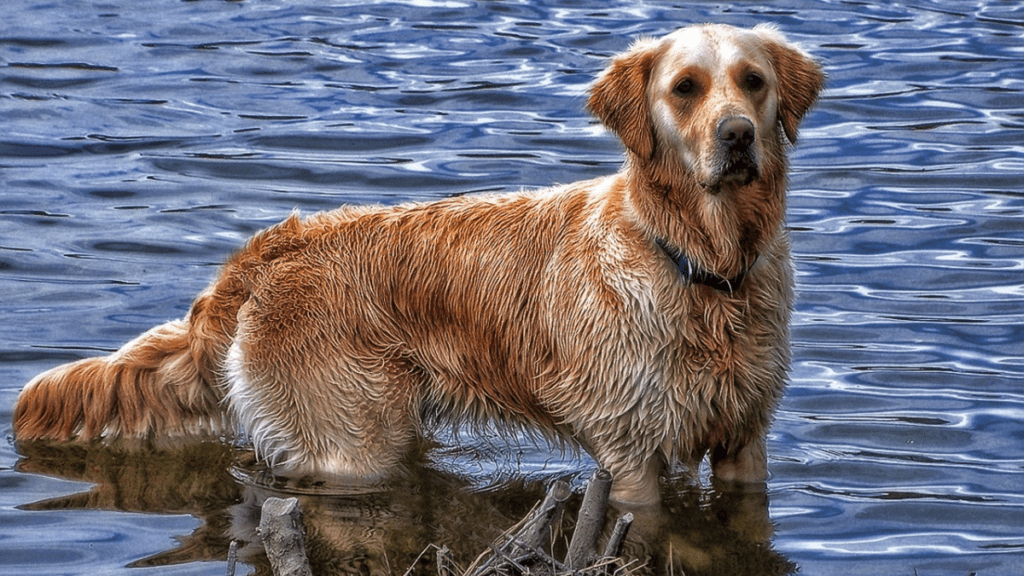Keeping up with all of your dog’s wellness needs can be overwhelming. There’s the annual wellness exams, heart worm and tick tests, monthly preventatives, nail trims, routine lab screens and all of those vaccines. Staying on top of everything is challenging and certainly can be expensive, but your precious pup is well worth it! Plus, you have a friendly, caring group of veterinary professionals who do everything they can to make sure you always get a reminder when Bailey and Oliver are coming due for something!
But let’s revisit the vaccinations… How many are there? Which ones are important, or even necessary? At House Paws, we have this conversation with pet owners all the time. We know that not every dog and cat needs 100% of the vaccines that are available to them. We want pet parents to understand what each vaccine protects against, as well as which ones could benefit their specific pets. Vaccines are intended to protect dogs and cats against environmental exposures, and it’s important to realize and acknowledge that every pet has a slightly different environment. Today we’d like to hone in on one specific vaccination that we’ve found can be confusing to dog owners and therefore overlooked: the Leptospirosis vaccination (more commonly referred to as the “lepto” vaccine).
But let’s revisit the vaccinations… How many are there? Which ones are important, or even necessary? At House Paws, we have this conversation with pet owners all the time. We know that not every dog and cat needs 100% of the vaccines that are available to them. We want pet parents to understand what each vaccine protects against, as well as which ones could benefit their specific pets. Vaccines are intended to protect dogs and cats against environmental exposures, and it’s important to realize and acknowledge that every pet has a slightly different environment. Today we’d like to hone in on one specific vaccination that we’ve found can be confusing to dog owners and therefore overlooked: the Leptospirosis vaccination (more commonly referred to as the “lepto” vaccine).
First of all, what the heck is Leptospirosis anyway?
Leptospirosis is a bacterial disease that is spread when animals come into contact with infected urine. Leptospira bacteria are most often found in standing water, but can also contaminate soil and food. Fun fact: humans can get Leptospirosis too.
How does Leptospirosis affect dogs?
A dog who is infected by Leptospira bacteria and contracts Leptospirosis is at risk of kidney damage and sometimes liver disease. Lepto is a serious disease that should not be overlooked. Initial signs that a dog has contracted Lepto are pretty general; most often, a dog will start vomiting and acting lethargic. Lab tests may indicate kidney disease or (less commonly) liver disease.
Dogs that are most at-risk for Lepto are those that hunt or have access to bodies of water, including lakes, ponds and streams. Lepto is passed to dogs via urine from infected animals, including squirrels, raccoons, mice, cows and any other domestic animals or wildlife. While this infection is more commonly seen in dogs that hunt or go to cabins on bodies of water, the “backyard” Leptospirosis infection has been seen in urban areas.
“Backyard” Lepto is an uncommon but known disease that occurs in dogs who live in urban and suburban areas and spend time in yards and out walking. The primary vectors of Leptospirosis are squirrels, mice and raccoons. Dogs can become infected by drinking from urine-infected puddles or bird baths.
Dogs that are most at-risk for Lepto are those that hunt or have access to bodies of water, including lakes, ponds and streams. Lepto is passed to dogs via urine from infected animals, including squirrels, raccoons, mice, cows and any other domestic animals or wildlife. While this infection is more commonly seen in dogs that hunt or go to cabins on bodies of water, the “backyard” Leptospirosis infection has been seen in urban areas.
“Backyard” Lepto is an uncommon but known disease that occurs in dogs who live in urban and suburban areas and spend time in yards and out walking. The primary vectors of Leptospirosis are squirrels, mice and raccoons. Dogs can become infected by drinking from urine-infected puddles or bird baths.
How do I know if my dog has Lepto?
Leptospirosis most often affects the kidneys, so if lab work shows some concerning kidney values, your vet may choose to follow up with a more specific blood panel that tests for Leptospirosis.
Early diagnosis is significantly important, not only to start taking measures to treat your dog with specific antibiotics, but also to prevent your dog from spreading the disease to other animals or to humans. If your dog is diagnosed with Leptospirosis, your vet will encourage you to reach out to others whose dogs have come in contact with your pet, so that those pups can also be tested.
Early diagnosis is significantly important, not only to start taking measures to treat your dog with specific antibiotics, but also to prevent your dog from spreading the disease to other animals or to humans. If your dog is diagnosed with Leptospirosis, your vet will encourage you to reach out to others whose dogs have come in contact with your pet, so that those pups can also be tested.
Leptospirosis is entirely preventable!
All you have to do is keep your dog vaccinated. The Leptospirosis vaccine is given annually. You’re already seeing your veterinarian every year for your dog’s annual wellness exams and other vaccines, so adding Leptospirosis to the checklist (especially if your dog spends time in stagnant water) is easy enough!






